In school or in a library, you should be able to find a good dictionary or thesaurus, but just as with Internet resources, some are better than others. For your purposes, it’s a good idea to use a dictionary designed for high school or college students.
Not this . . .
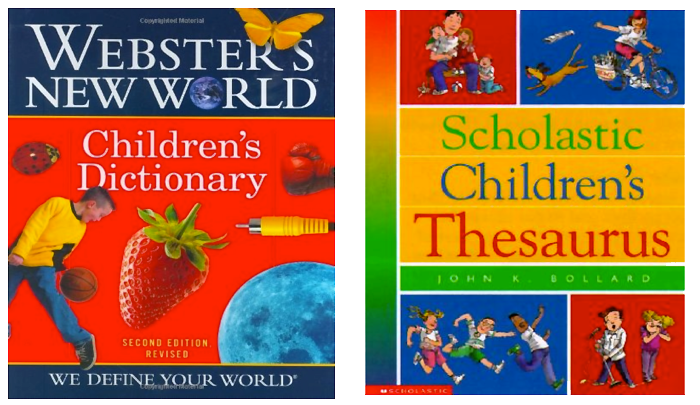
Source: Webster’s New World Children’s Dictionary, Merriam-Webster
Source: Scholastic Children’s Thesaurus, betterworldbooks
But this . . .
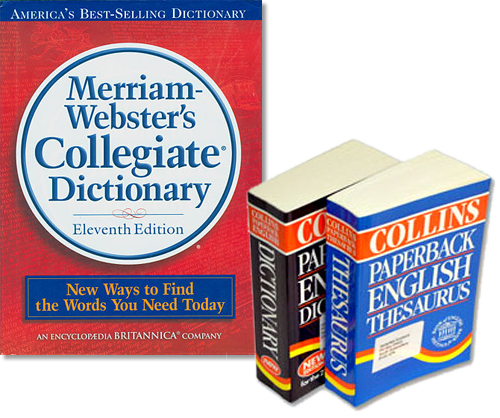
Source: Merriam-Webster’s Collegiate Dictionary, Merriam-Webster
Source: dictionary-and-thesaurus, thespoldge
Below is an example of a print dictionary entry; you’ll notice that the information presented is very similar to what you would see in an online version.
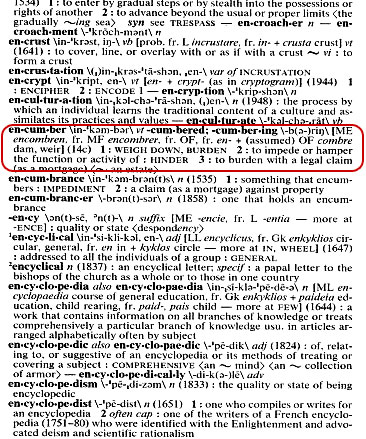
Look at the word encumber circled in red. The denotative meanings of this word are as follows: weigh down, burden
- weigh down, burden
- to impede or hamper the function or activity of: hinder
- to burden with a legal claim (as a mortgage)
Immediately after the word, a set of symbols and letters appears in parentheses: “(in-ˈkəm-bər).” This is the phonetic spelling. These symbols show you how to pronounce the word. You can also learn that the word encumber is a vt or verb. Furthermore, when you add -ance to make the word encumbrance (the next word in the dictionary), it changes to an n or a noun. If you read the etymology of encumber, you can also see that it comes from the French word encumbrer.
Another print resource for word meanings is a thesaurus. A thesaurus includes synonyms and antonyms, not word definitions, so if you don’t have a clear idea of the denotative meaning of a word, you may want to look it up in a dictionary first.
Below is an entry from a thesaurus; the noun effect is featured. Look at all of the words related to it. It’s interesting that what seems like a simple word has several meanings: result, impression, purpose, and implementation. They are circled below.
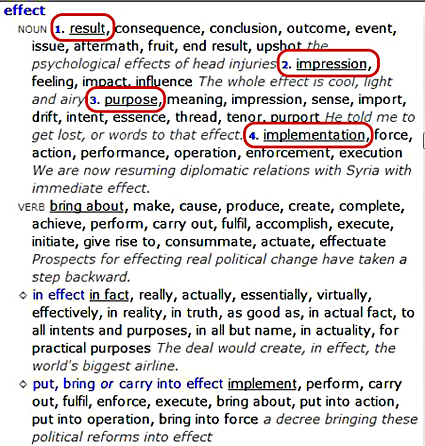
Source: Screenshot, Collin’s English Thesaurus, IPSI
Each synonym is followed by additional connotative meanings associated with this particular word: aftermath, impact, essence, and action. Do you see how a thesaurus can be a valuable tool for helping you in your reading and especially in your writing?
You also may find the glossaries in your textbooks to be valuable print sources. Below is a glossary page from a United States history textbook. Do you notice the difference between a glossary and other resources? The glossary only provides a basic contextual definition that applies specifically to that book. It does not have the features of a dictionary or thesaurus. Notice that the terms listed are different from words you might find in a dictionary. That’s because glossaries are textbook- and course-specific. If you were in an American history class and ran across the term freedman’s bureau—a phrase you were unfamiliar with—what could you do? Instead of looking in a dictionary, you could look in the back of your textbook near the index to find the glossary. There you would find the phrase freedman’s bureau beneath the entry “Franklin, Benjamin,” as shown below.
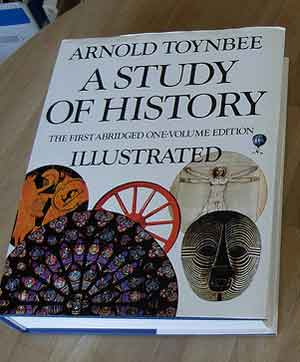
Source: brewbooks, Flickr
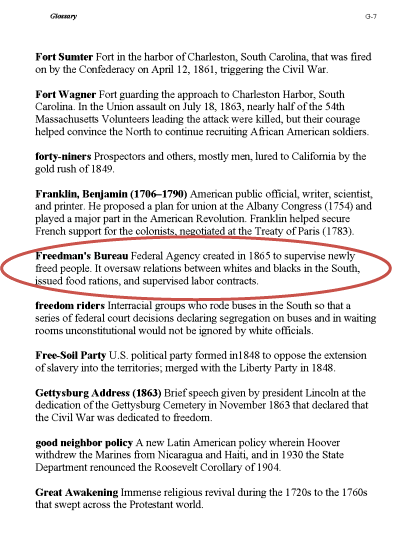
Source: Screenshot, American Passages: A History of the United States, Volume 1, IPSI
In summary, there are several valuable word resources available online and in print. Now let’s review what you have learned about online and print resources. Click on the correct answer for each question below.
- True or false. The dictionary located in your word processing program is the best resource available when you are working online.
- Which of these resources should you use to find similar words or connotations for a word?
- If you are using a textbook and run across a word or phrase that you are unfamiliar with, you should—
- True or false. If you are using a print thesaurus, it’s a good idea to have a dictionary to refer to as well.
- True or false. Online dictionaries usually include all of the relevant information about a word, including thesaurus entries.